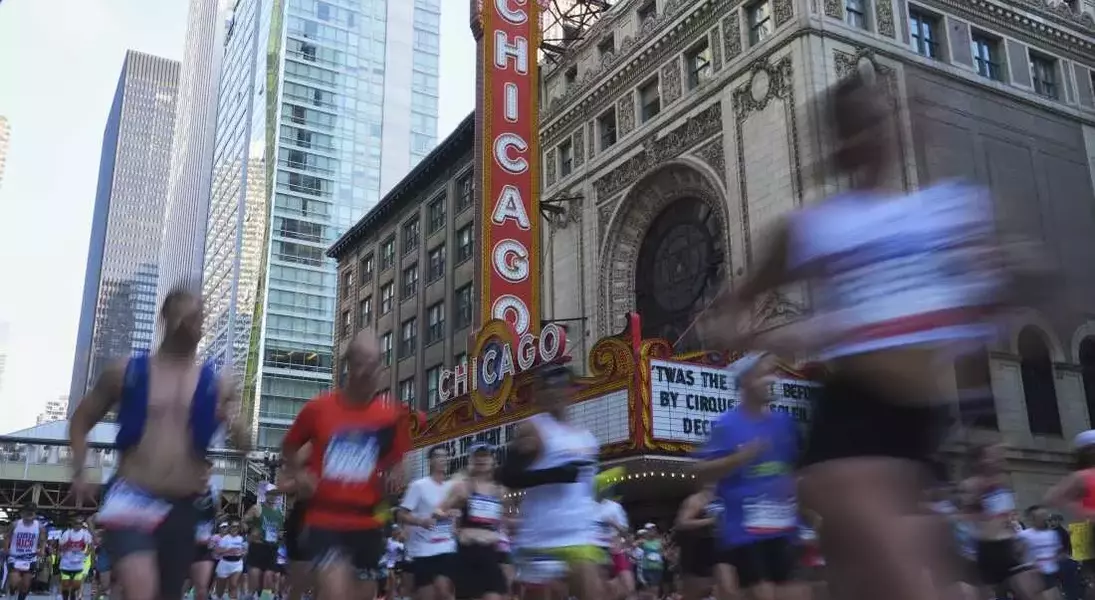
The Trump administration's efforts to deploy the National Guard in Chicago face persistent legal challenges, with Vice President JD Vance signaling a resolute intention to continue the fight through the courts. This ongoing dispute underscores a significant divergence between federal authority and local governance regarding public safety and emergency response, particularly within Democrat-governed urban centers across the United States.
Federal Deployment Halted: Legal Wrangling Continues Over National Guard in Chicago
On October 12, 2025, Vice President JD Vance declared the Trump administration's firm resolve to pursue all available legal avenues in its quest to deploy the National Guard to the Chicago metropolitan area. This announcement followed closely on the heels of a federal appeals court ruling in Illinois, which, just one day prior, permitted federalized National Guard troops to remain within Illinois but explicitly barred their deployment in Chicago for the time being. Vance, speaking on ABC's This Week, articulated the administration's belief in its inherent authority to ensure the safety of citizens nationwide, with a particular emphasis on Chicago.
This judicial decision, handed down by the U.S. Court of Appeals for the Seventh Circuit, represents the latest turn in a protracted legal confrontation. The Trump administration has been actively pushing for the deployment of National Guard forces to various Democratic-leaning cities and states, including Portland, Oregon, and Chicago. Administration officials, including President Trump himself, have argued that federal intervention is crucial for maintaining law and order and safeguarding federal personnel. Conversely, leaders in these targeted cities, such as Illinois Governor JB Pritzker, a Democrat, contend that such deployments are unnecessary and constitute an overreach of federal power. Governor Pritzker, in his own statement on ABC's This Week, expressed confidence in the judiciary's role in upholding the appropriate balance of power, noting that no troops were currently on Chicago's streets thanks to prior court interventions.
The bulk of the approximately 500 National Guard members, drawn from Texas and Illinois, were stationed at a U.S. Army Reserve Center in Elwood, Illinois, with a smaller contingent at a U.S. Immigration and Customs Enforcement (ICE) facility in Broadview. The legal complexities unfolded against the backdrop of the Bank of America Chicago Marathon, a major event on October 12, 2025, attracting over 53,000 runners and an estimated 1.7 million spectators. Concerns had arisen about potential immigration enforcement activities, dubbed \"Operation Midway Blitz,\" impacting the marathon. However, ICE clarified to the Chicago Sun-Times that operations are generally not conducted at sensitive public events unless under exigent circumstances. The Chicago Park District further dispelled rumors of ICE agents at the marathon via social media. Enrique Rivera, an organizer of the Latino running club Venados, voiced concerns not about the race itself, but about the vulnerability of individuals during preparation, highlighting fears of smaller group incidents where family members might not be informed for days.
The preceding Thursday, U.S. District Court Judge April Perry of the Northern District of Illinois had temporarily blocked the federalization and deployment of National Guard troops in the state. Judge Perry found the Trump administration's descriptions of recent Chicago protests to be "simply unreliable" when issuing her 14-day order, although portions of this ruling were subsequently overturned by the appeals court. Despite these legal battles, clashes between protesters and federal agents have persisted in the Chicago area. Notably, on Friday, journalist Debbie Brockman from Chicago's WGN television station was detained by law enforcement, though later released without charges, with a Department of Homeland Security spokesperson alleging she threw objects at a border patrol vehicle, as reported by The Guardian.
This ongoing confrontation between federal and local authorities regarding the deployment of the National Guard in Chicago serves as a critical examination of states' rights versus federal power. It highlights the complexities inherent in public safety and governance, particularly when differing political ideologies clash. The situation prompts reflection on the appropriate balance of authority and the role of the judiciary in mediating such disputes, underscoring the dynamic tension at the heart of America's federal system.
